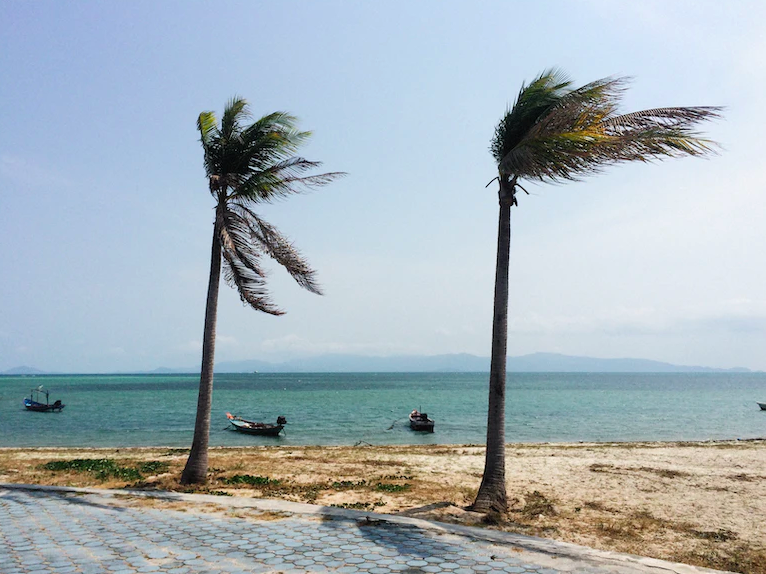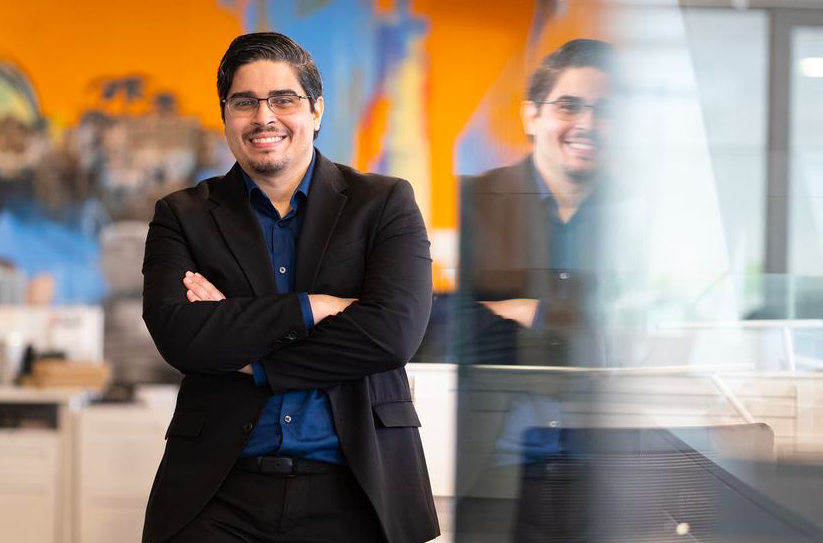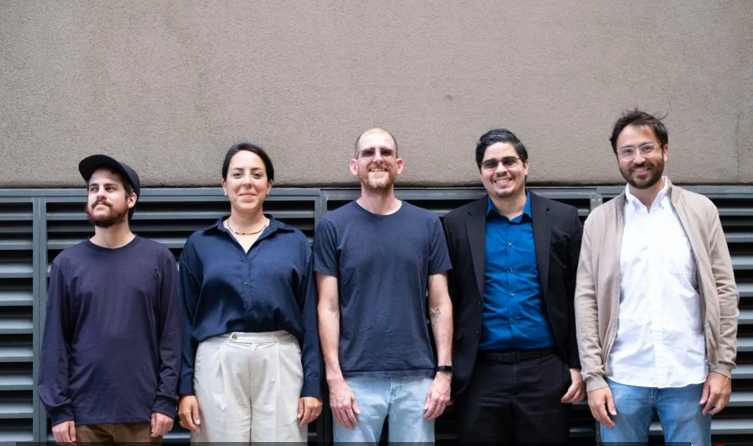
Latin America (LatAm) is one of the regions most vulnerable to natural disasters globally. According to the UN Office for Humanitarian Affairs, Latin America and the Caribbean are the second most disaster-prone region globally.
This is a challenge that significantly affects the region. From 2000 to 2020, 152 million of the populace were affected by 1,205 disasters such as floods, hurricanes and storms, earthquakes, droughts, fires, extreme temperatures, and volcanic events.
This makes insurance coverage in Latin America essential, but in a way that is better formatted to the region’s risks. Unfortunately, conventional insurance coverage policies tend to get overwhelmed by events such as natural disasters that are frequent and excessive.
With increasing global surface temperatures bringing the possibility of more droughts and increased intensity of storms, a more suitable design of insurance for regions that are plagued with natural disasters will be necessary.
Parametric insurance (PI) is a solution for this, as it is a type of insurance coverage in which payments are triggered by the occurrence of a natural disaster in a specific location and the magnitude of said event.
Let’s take a closer look at why PI is a modern solution for insurance coverage, and how company Raincoat is helping it scale it to those who need it.
A Lag Time for Claims
When people have been affected by a natural disaster, waiting to get help is a nightmare scenario. But the reality is, with natural disaster events, claims adjusters see an excessive amount of claims, which means that it can take months to issue coverage and start the healing and repairing process.
The idea behind Raincoat was born when one of the founders faced this very situation in 2017 with the passing of Hurricane Maria in Puerto Rico. Co-founder Jonathan González was present when Hurricane María ripped through the Caribbean Island nation, and also personally experienced the devastating aftermath that followed.

It took González three days to reach his mother, and once they were finally together, the real challenges began as they tried to seek assistance—dealing with an onslaught of difficulties in obtaining support from the US government and collecting money from a traditional insurance policy.
“In the case of the government, it took six months for us to receive some help, but in the case of the policy, we waited more than a year for an adjuster to come to the house and, at the end of that process, we received nothing,” González said in an interview to El Economista.
From this hardship, González realized that an insurance company based on the parametric insurance (PI) model was needed, especially for people based in Latin America. One of the biggest advantages of PI is that payment is made immediately based on pre-determined qualifiers. Another plus is that coverage is not dependent on the assessment of damages but rather is triggered when the event checks the boxes of these previously set parameters.
“[Latin America] is a region where the population has high exposure to the consequences of natural disasters and most do not have access to insurance,” González said in another interview with Contxto.
Democratizing Insurance Coverage
One of the biggest issues with traditional coverage suppliers is that they don’t consider the multitude of different metrics that should be measured when disaster strikes— such as the quality of life following a natural disaster or misplaced earnings to name a couple of examples.
Through Raincoat’s proprietary approach to PI, coverage can be scaled to the masses and is helping to create a lifeline for those who are most vulnerable to natural disasters in LatAm. The company approaches their product by working with insurers to identify the climate-related problems that can impact their current and future clients, democratizing access to financial resilience in the wake of cataclysmic events.

Strapped with data, the startup builds a fully packaged, end-to-end climate-related insurance software product. Bringing together a team of engineers, scientists, UX designers, and insurance experts, the company brings in all of the needed hands on deck to formulate the next generation of parametric insurance policies.
Their product is custom-fitted to the needs of the people it covers and can even be augmented to a larger scale, providing governments with an overarching scheme for protection. In fact, the company currently works with international reinsurers and governments around the world to protect farmers and people from catastrophic weather conditions that affect their businesses.
With current active corporate projects in Puerto Rico, Jamaica, Mexico, and Colombia, the company delivers its package through an automated infrastructure, allowing the product to operate within a company’s existing products and channels.
The Future of Insurance in LatAm and Beyond
The Puerto Rican startup recently announced the raising of a seed round for 4.5 million USD. The company plans to use its new monetary resources to increase its offering in the markets where they already have a presence, and expand its team into more markets, including countries such as Chile and Brazil, which have high catastrophic risks and large vulnerable populations.
The funding round was led by Anthemis, including support from SoftBank Group’s SB Opportunity Fund, Puerto Rican bank Banco Popular, Chilean financial group Consorcio, 305 Ventures, and Divergent Capital.
As Raincoat wields the power of Parametric Insurance to cover more people in more real-life situations, it will be a company to watch. Bringing power to the people in LatAm, the company is working to shift paradigms in an industry that is long overdue for evolution.
Disclosure: This article mentions a client of an Espacio portfolio company.


